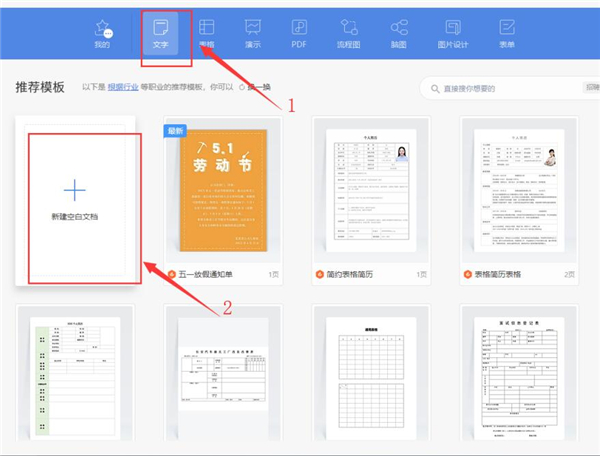条款52的疑问
时间:2011-12-05
来源:互联网
#include <iostream>
#include <cstdlib>
using namespace std;
struct A
{
A() {throw int(5);}
virtual ~A() {}
void operator delete(void *p, size_t N)
{
cout<<"调用delete (void*, size_t),N = "<<N<<endl;
::operator delete(p);
}
void operator delete(void *p, size_t N, const string &)
{
cout<<"调用delete (void*, size_t, string),N = "<<N<<endl;
::operator delete(p);
}
int i;
};
struct B: A
{
B() {}
void* operator new(size_t N, const string &)
{
cout<<"调用new (size_t, string)"<<endl;
::operator new(N);
}
double d;
};
int main()
{
cout<<"sizeof(A) = "<<sizeof(A)<<endl;
cout<<"sizeof(B) = "<<sizeof(B)<<endl;
try
{A *p=new("abc") B;
delete p;
}
catch(int)
{ cout<<"捕捉到"<<endl; }
cout<<"END";
return 0;
}
虽然派生类没有定义特定的string版opertaor delete,不过基类定义有啊,实现当中是通过怎样的代码来阻止对基类的同名函数的调用的?
#include <cstdlib>
using namespace std;
struct A
{
A() {throw int(5);}
virtual ~A() {}
void operator delete(void *p, size_t N)
{
cout<<"调用delete (void*, size_t),N = "<<N<<endl;
::operator delete(p);
}
void operator delete(void *p, size_t N, const string &)
{
cout<<"调用delete (void*, size_t, string),N = "<<N<<endl;
::operator delete(p);
}
int i;
};
struct B: A
{
B() {}
void* operator new(size_t N, const string &)
{
cout<<"调用new (size_t, string)"<<endl;
::operator new(N);
}
double d;
};
int main()
{
cout<<"sizeof(A) = "<<sizeof(A)<<endl;
cout<<"sizeof(B) = "<<sizeof(B)<<endl;
try
{A *p=new("abc") B;
delete p;
}
catch(int)
{ cout<<"捕捉到"<<endl; }
cout<<"END";
return 0;
}
虽然派生类没有定义特定的string版opertaor delete,不过基类定义有啊,实现当中是通过怎样的代码来阻止对基类的同名函数的调用的?
作者: yozola 发布时间: 2011-12-05
可能我的代码太长了,都没人有心情去看,那我简单描述一下吧。
构造函数中抛出异常的时候,编译器没有调用对应的operator delete
构造函数中抛出异常的时候,编译器没有调用对应的operator delete
作者: yozola 发布时间: 2011-12-06
相关阅读 更多
热门阅读
-
 office 2019专业增强版最新2021版激活秘钥/序列号/激活码推荐 附激活工具
office 2019专业增强版最新2021版激活秘钥/序列号/激活码推荐 附激活工具
阅读:74
-
 如何安装mysql8.0
如何安装mysql8.0
阅读:31
-
 Word快速设置标题样式步骤详解
Word快速设置标题样式步骤详解
阅读:28
-
 20+道必知必会的Vue面试题(附答案解析)
20+道必知必会的Vue面试题(附答案解析)
阅读:37
-
 HTML如何制作表单
HTML如何制作表单
阅读:22
-
 百词斩可以改天数吗?当然可以,4个步骤轻松修改天数!
百词斩可以改天数吗?当然可以,4个步骤轻松修改天数!
阅读:31
-
 ET文件格式和XLS格式文件之间如何转化?
ET文件格式和XLS格式文件之间如何转化?
阅读:24
-
 react和vue的区别及优缺点是什么
react和vue的区别及优缺点是什么
阅读:121
-
 支付宝人脸识别如何关闭?
支付宝人脸识别如何关闭?
阅读:21
-
 腾讯微云怎么修改照片或视频备份路径?
腾讯微云怎么修改照片或视频备份路径?
阅读:28















